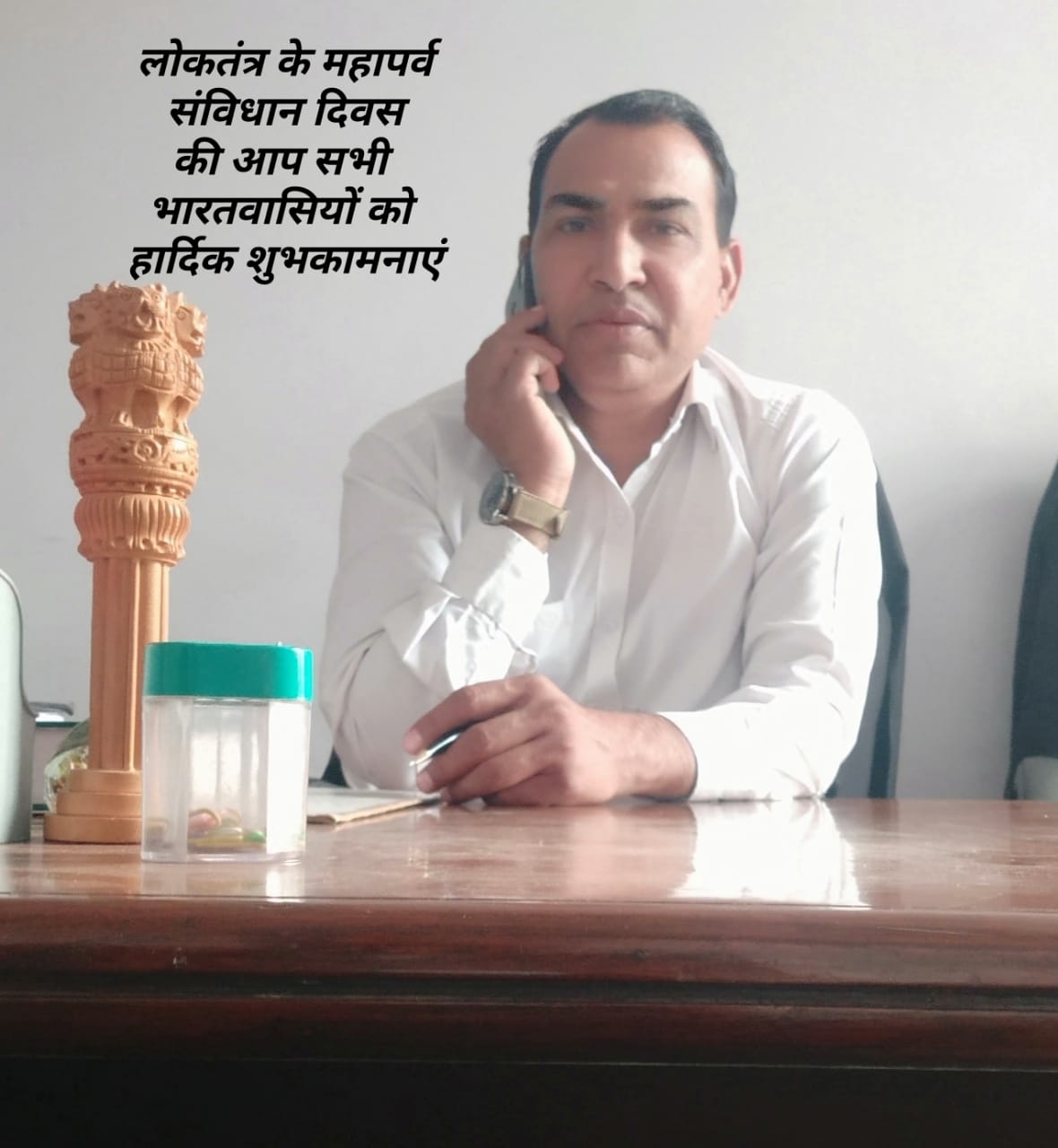Answer By law4u team
In Indian law, the concepts of legal custody and physical custody relate to the guardianship and care of a child in the context of family law and child custody matters. Here's the difference between the two: Legal Custody: Legal custody refers to the right and responsibility to make major decisions regarding the upbringing and welfare of the child. These decisions typically include matters related to the child's education, healthcare, religion, and overall well-being. The parent or guardian with legal custody has the authority to make important decisions on behalf of the child. This may include decisions about schooling, medical treatment, religious upbringing, and other significant aspects of the child's life. Legal custody can be awarded solely to one parent (sole legal custody) or jointly to both parents (joint legal custody), depending on the circumstances of the case and what is deemed to be in the best interests of the child. Physical Custody: Physical custody, also known as residential custody or parenting time, refers to the actual physical care and supervision of the child on a day-to-day basis. The parent with physical custody is the one with whom the child primarily resides and spends the majority of their time. This parent is responsible for the day-to-day care of the child, including providing food, shelter, clothing, and emotional support. In cases of joint physical custody, the child may spend equal or significant amounts of time living with both parents, whereas in cases of sole physical custody, the child primarily resides with one parent while the other parent may have visitation rights or parenting time. In many cases, legal custody and physical custody may be awarded to the same parent (either solely or jointly), but it's also possible for these forms of custody to be awarded separately. The determination of custody arrangements is based on various factors, including the child's best interests, the ability of each parent to provide a stable and nurturing environment, and any specific needs or preferences of the child. Family courts in India make decisions regarding custody based on these considerations and the relevant provisions of laws such as the Guardians and Wards Act, 1890, and the Hindu Minority and Guardianship Act, 1956.









